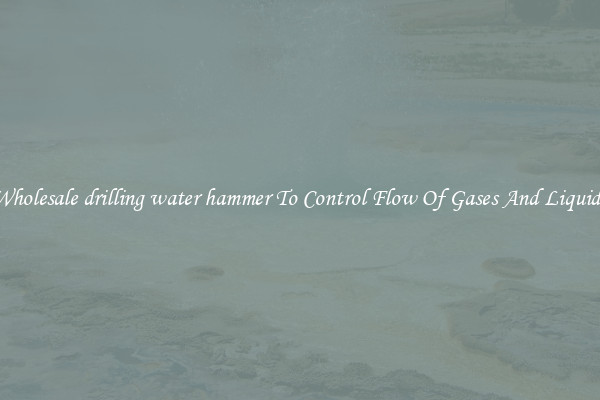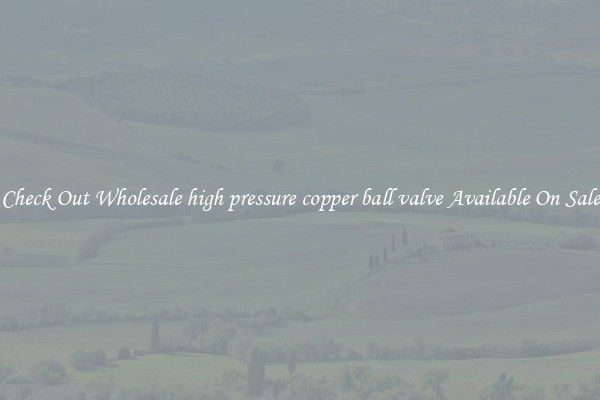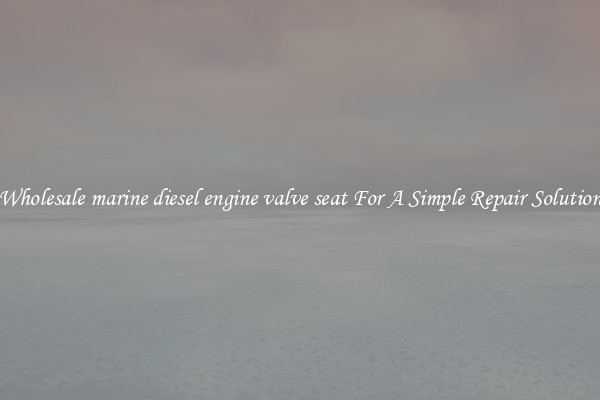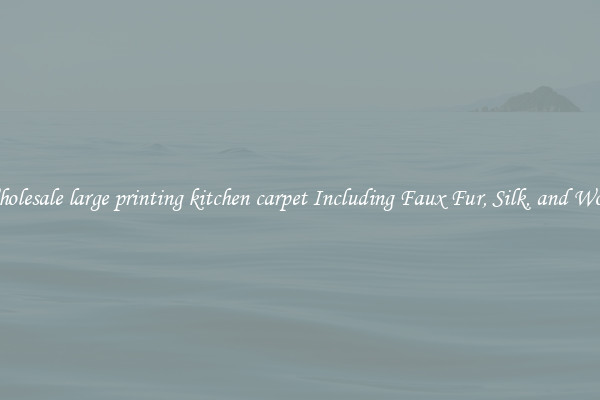Wholesale valve connection types To Control Flow Of Gases And Liquids
Wholesale valve connection types are crucial components used to control the flow of gases and liquids in various industrial applications. These valves come in different types, each designed for specific purposes and industries. Understanding the different types of valve connections is essential to ensure proper installation, maintenance, and seamless operation.
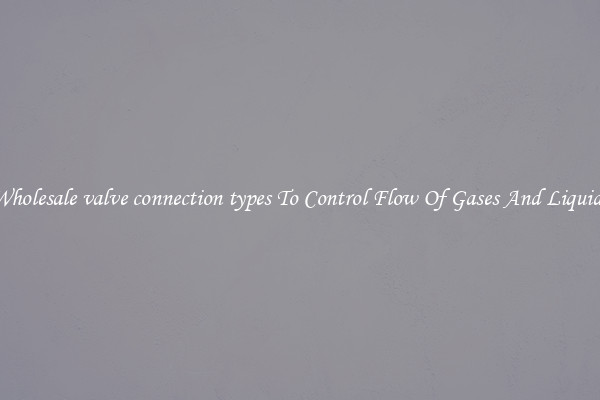
One common type of wholesale valve connection is the flanged connection. Flanged valves consist of a valve body with flanges on both ends and are bolted together with matching flanges on pipes or other components. This type of connection allows for easy installation and disassembly, making it ideal for applications where frequent maintenance or repairs are required. Flanged connections also provide a secure and leak-free connection, reducing the risk of fluid or gas leaks.
Another commonly used connection type is the threaded connection. Threaded valves have male or female threads that match with corresponding threads on the pipe or component. This type of connection is relatively simple and cost-effective, making it popular in low-pressure applications. Threaded connections are commonly found in residential plumbing systems, small industrial processes, and irrigation systems.
Socket weld connections are widely used in industrial applications where high pressure and temperature conditions are present. Socket weld valves have a socket or recess in the valve body which allows pipes to be inserted and then welded into place. This type of connection provides a secure and reliable joint that is resistant to leakage under extreme conditions.
In addition to these common connection types, there are also flanged connections with butt weld ends, union connections, and push-fit or quick-connect connections. Each connection type offers unique advantages in terms of installation ease, strength, leak resistance, and serviceability.
When choosing the appropriate wholesale valve connection type, it is important to consider the specific requirements of the application such as pressure rating, temperature range, fluid or gas type, and size. Consulting with valve experts or suppliers can help determine the most suitable connection type for a particular application.
Regular maintenance and inspection of valve connections are crucial to ensure optimal performance and prevent potential leaks or failures. Proper installation techniques, including the correct torque for flanged connections or appropriate thread sealant for threaded connections, should be followed. Regular inspection for signs of wear, corrosion, or leakage is also recommended.
In conclusion, wholesale valve connection types play a critical role in controlling the flow of gases and liquids in various industrial applications. Understanding the different connection types can help ensure proper installation, maintenance, and reliable operation. Each connection type offers unique advantages that should be considered based on the specific requirements of the application. Regular maintenance and inspection are essential to prevent leaks or failures and prolong the lifespan of the valve connections.
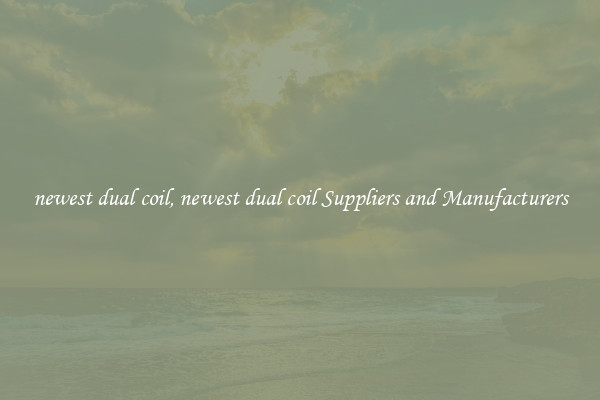
View details

View details
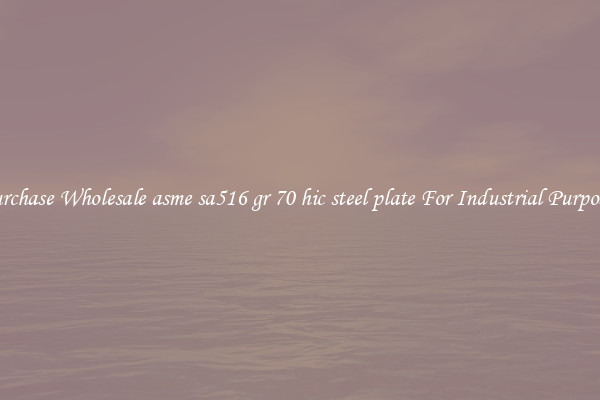
View details

View details

